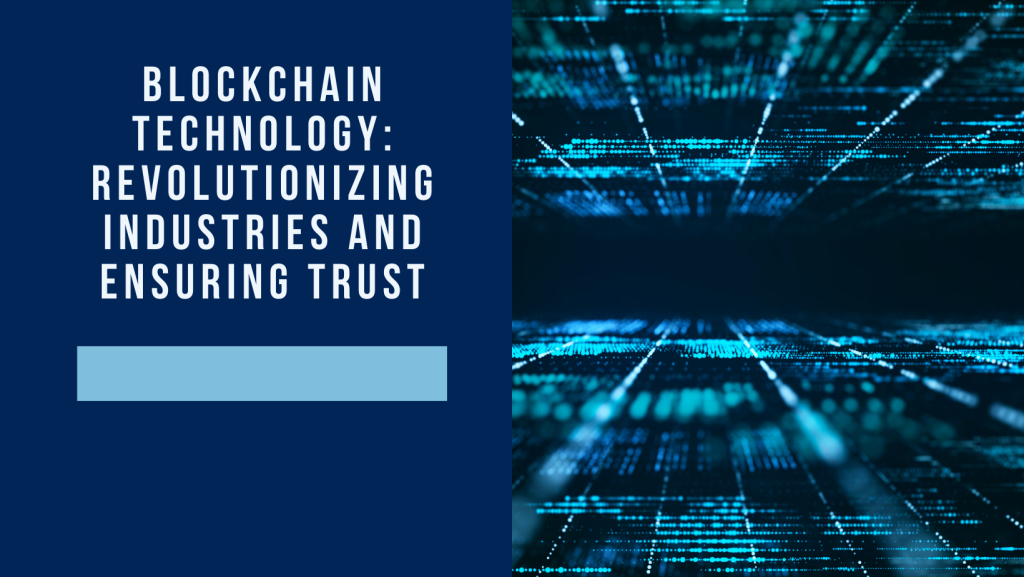Blockchain technology has emerged as a revolutionary force, transforming industries and redefining the way we establish trust in transactions and data exchanges. At its core, blockchain is a decentralized and immutable ledger that records transactions across a network of computers, ensuring transparency, security, and trust without the need for intermediaries.
One of the key benefits of blockchain is its ability to enhance transparency and traceability in supply chains. By recording the entire lifecycle of products—from raw materials to distribution—on a tamper-proof blockchain, companies can verify the authenticity and provenance of goods, mitigate the risk of counterfeit products, and ensure ethical sourcing practices.
Moreover, blockchain is disrupting the financial industry by revolutionizing payments, remittances, and peer-to-peer transactions. Cryptocurrencies, powered by blockchain technology, enable fast, secure, and cost-effective transfers of value across borders, bypassing traditional banking systems and reducing transaction fees.
Furthermore, blockchain is revolutionizing the healthcare industry by facilitating secure and interoperable sharing of patient data, enhancing medical research, and improving patient outcomes. Patient records stored on a blockchain are encrypted and accessible only to authorized parties, ensuring privacy and data integrity while enabling seamless information exchange.
However, the widespread adoption of blockchain faces challenges such as scalability, interoperability, and regulatory uncertainty. Overcoming these hurdles requires collaboration between industry stakeholders, investment in research and development, and the establishment of clear regulatory frameworks.
In conclusion, blockchain technology holds immense potential to transform industries and ensure trust in an increasingly digital world. By leveraging blockchain’s inherent features of transparency, security, and decentralization, organizations can unlock new opportunities for innovation, efficiency, and integrity across diverse sectors.


